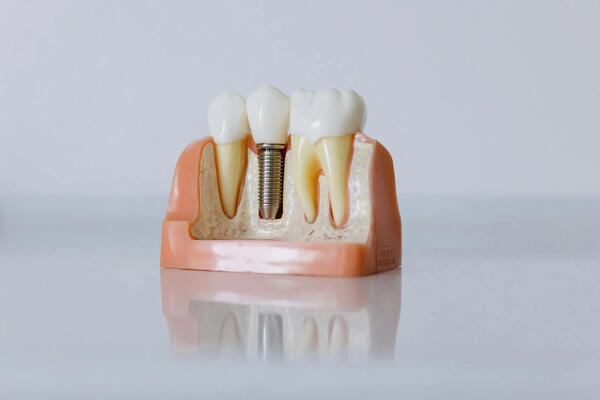
What Seniors Need to Know About Dental Implants
As we age, maintaining good oral health becomes increasingly crucial. Among the various dental procedures available, dental implants have gained significant popularity, especially among seniors. If you're a senior considering dental implants, or if you're assisting a senior loved one in making this decision, it's essential to understand what dental implants entail and how they can benefit you.
Understanding Dental Implants
Dental implants are prosthetic teeth roots made of titanium that are surgically placed into the jawbone beneath the gums. These implants serve as a sturdy foundation for replacement teeth, such as crowns or bridges, providing a natural-looking and durable solution for missing teeth. Seeking a professional for dental implants in Winchester ensures that you receive expert guidance throughout every step of the process, from initial consultation to post-operative care, ultimately leading to the best possible outcome for your oral health and overall well-being. Unlike traditional dentures, which rest on the gums, dental implants are securely anchored in the jawbone, offering stability and functionality similar to natural teeth.
Benefits for Seniors
For seniors facing tooth loss or dealing with ill-fitting dentures, dental implants offer numerous advantages. Firstly, they enhance oral function, allowing seniors to eat, speak, and smile with confidence. Unlike dentures, which can slip or cause discomfort, dental implants feel and function like natural teeth, enabling seniors to enjoy their favorite foods without restrictions. Additionally, dental implants help preserve jawbone density, preventing further bone loss and maintaining facial structure. This preservation of bone health is particularly beneficial for seniors in maintaining overall oral health and facial aesthetics.
Considerations and Precautions
While dental implants offer significant benefits, there are some considerations and precautions seniors should be aware of before undergoing the procedure. Firstly, seniors must have sufficient jawbone density to support the implants. If bone loss has occurred due to aging or other factors, bone grafting may be necessary to ensure the success of the implants.
Additionally, seniors with certain medical conditions, such as uncontrolled diabetes or autoimmune disorders, may not be suitable candidates for dental implants. Seniors must undergo a comprehensive dental examination and discuss their medical history with their dentist before proceeding with implant surgery.
Financial Considerations
While dental implants offer significant benefits, seniors need to consider the financial aspects of the procedure. Dental implant surgery and restoration can be costly, and many insurance plans provide limited coverage for these procedures. Seniors should inquire about the cost of treatment and explore financing options or dental discount plans that may help make implants more affordable. Although the initial investment may seem daunting, dental implants are a long-term solution that can ultimately save seniors money by reducing the need for frequent repairs or replacements associated with traditional dentures.
By understanding the procedure, benefits, and considerations associated with dental implants, seniors can make informed decisions about their oral health. If you're considering dental implants as a senior or assisting a senior loved one in this process, consult with a qualified dentist to determine the best course of action. Remember, investing in your oral health can significantly improve your quality of life and overall well-being as you age.